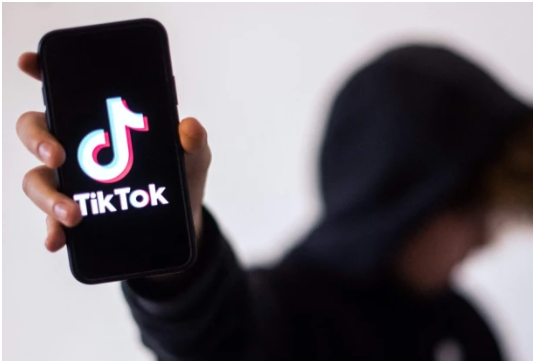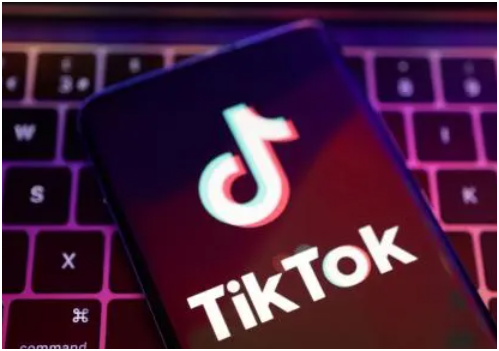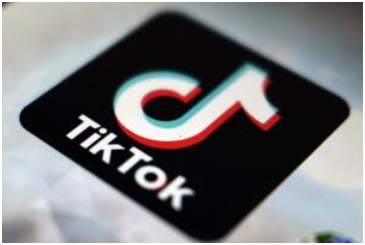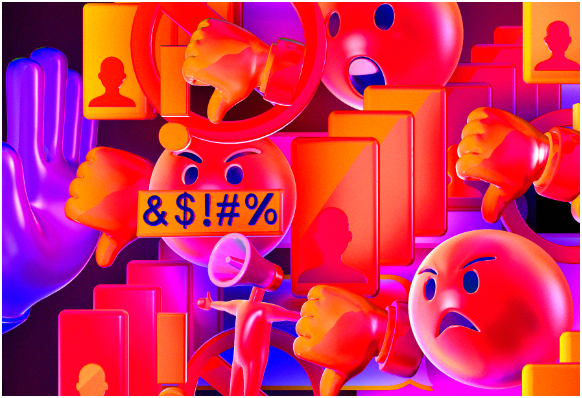UAE’s Online Space, Navigating the Dangers of ‘TikTok Doctors’
In recent times, the internet has become a primary source of information for many, offering instant access to a wealth of knowledge on various topics, including mental health. However, amidst this vast digital landscape, a concerning trend has emerged – the proliferation of ‘TikTok doctors’ who dispense medical advice and diagnoses via short video clips. While this may seem convenient, it poses significant dangers, particularly when it comes to mental health issues like depression.
First and foremost, it’s essential to acknowledge the genuine concerns and struggles faced by individuals grappling with mental health issues. Depression, in particular, is a complex and nuanced condition that requires careful diagnosis and personalized treatment by qualified healthcare professionals. However, the rise of ‘TikTok doctors’ has blurred the lines between credible medical advice and sensationalized content, creating a breeding ground for misinformation and misdiagnosis in UAE.

One of the most significant dangers associated with ‘TikTok doctors’ is the potential for self-diagnosis and self-medication among internet users in UAE. With just a few clicks, individuals can stumble upon videos claiming to offer insights into their symptoms and suggest quick-fix solutions or treatments. However, such advice is often oversimplified and lacks the nuance and expertise required to address the complexities of mental health conditions like depression.
Moreover, relying on unqualified sources for medical advice can exacerbate feelings of anxiety and uncertainty, further worsening the individual’s mental state. Instead of seeking professional help from licensed healthcare providers, individuals may fall into a cycle of self-doubt and self-medication, ultimately delaying or preventing them from accessing the appropriate support and treatment they need.
Another concerning aspect of ‘TikTok doctors’ in UAE is the potential for exploitation and manipulation by individuals seeking to capitalize on vulnerable populations. By leveraging the platform’s algorithms and trends, these individuals can gain a large following and wield significant influence over their audience. However, their advice may be driven more by sensationalism and entertainment value rather than genuine concern for the well-being of their viewers.
Furthermore, the brevity of TikTok videos – typically lasting just a few seconds to a minute – leaves little room for nuance or context, further increasing the risk of misinformation and misinterpretation. Complex topics like mental health require careful and considered discussion, which is difficult to achieve within the constraints of a short video format. As a result, viewers may be left with incomplete or inaccurate information, leading to confusion and distress.
In light of these challenges, it’s crucial for individuals to approach online health information with caution and skepticism. While the internet can be a valuable resource for learning about mental health, it’s essential to verify the credentials and expertise of the sources providing the information. Qualified healthcare professionals, such as psychiatrists, psychologists, and licensed therapists, are best equipped to offer accurate diagnosis and evidence-based treatment recommendations.
Additionally, individuals should prioritize their mental well-being by seeking support from trusted sources and engaging in healthy coping strategies. This may include reaching out to friends or family members for support, practicing self-care activities like exercise and mindfulness, and seeking professional help from qualified mental health professionals when needed.
While in UAE internet can provide valuable insights into mental health, individuals must exercise caution when navigating online spaces, particularly when it comes to ‘TikTok doctors’ and other sources of potentially unreliable information. By prioritizing accuracy, skepticism, and self-care, individuals can protect their mental well-being and make informed decisions about their health.

As we navigate the complexities of mental health in the digital age, it’s essential for both individuals and policymakers in UAE to recognize the need for increased regulation and oversight of online health content. Platforms like TikTok have a responsibility to prioritize user safety and well-being by implementing measures to curb the spread of misinformation and ensure that medical advice is provided by qualified professionals.
Stay up to date with every latest news-click here



